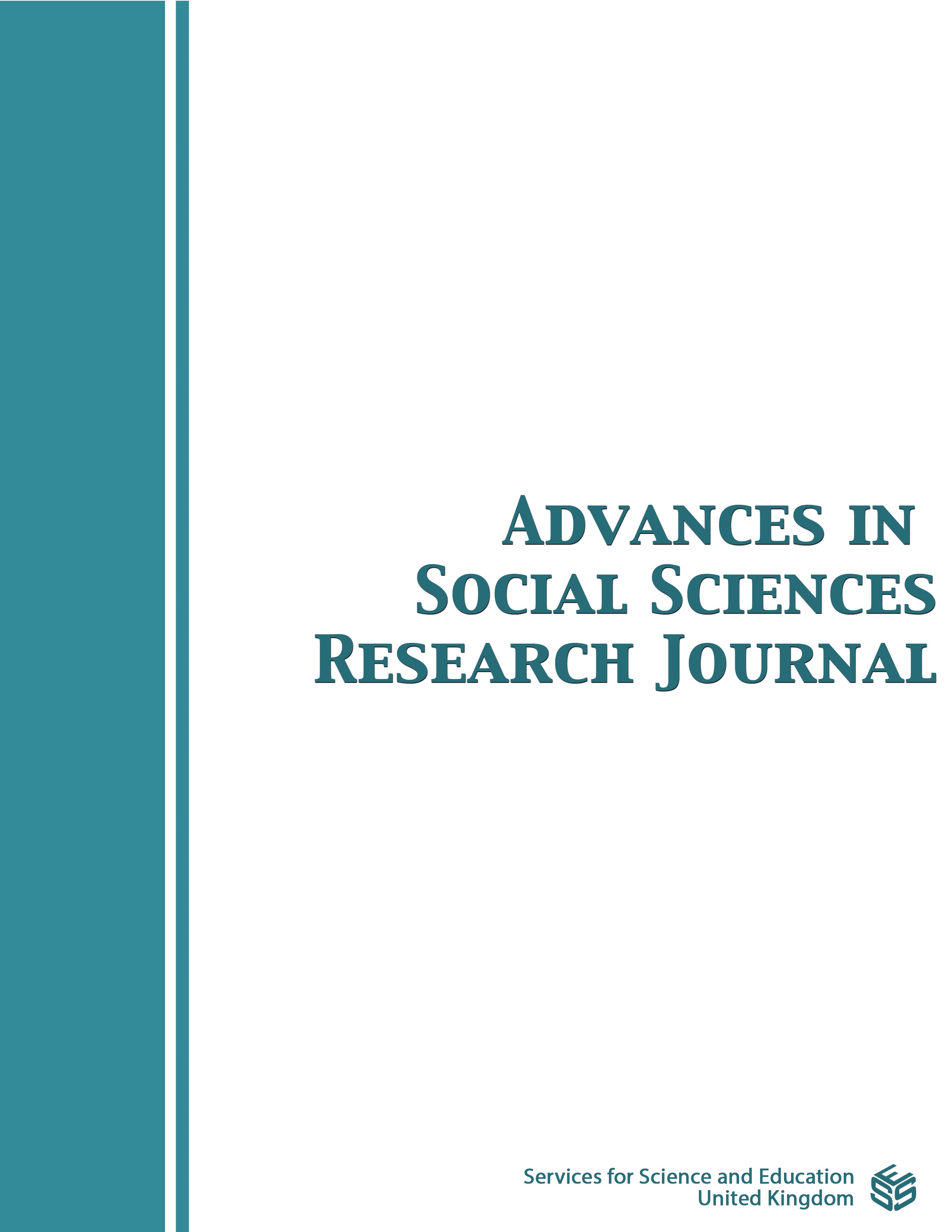Jerusalem Rock: The Myth of Existence and The Universal Discourse
DOI:
https://doi.org/10.14738/assrj.108.15047Keywords:
Myth, Creed, History, Novel, Symbol, Marwan al- AllanAbstract
This research paper is concerned with the myth, in what is circulated of creation news and the longing for immortality. The person tries to deny the impotence by entering into the world of reason and the desire for knowledge or by restricting his presence in the temples. These meanings are the backgrounds of writing myths in literature for realistic knowledge and truth in relation to the place, its steadfastness as symbol of existence and continuity. If the myth is part of a person's confusion about death then it remains one of the reasons for resurrection and inspiration for knowledge through fortune-telling and the mediators of the unseen worlds in the world of matter. It is the case of the "Rock of Jerusalem" novel in the literary genre as established by the Palestinian writer Marwan al-Allan; multiple voices are in narration announcing the promised return, which limits the concept of time and its three dimensions, so they become shadows in faith or mother, God and the Holy Spirit? The concept of triangulation has an axis, which is the sacred rock. Anxiety is one of the mirrors of history, wars of survival in the biography of “Salem”, the axis or the deviation to the centrality of civilization in the landmark when nature is transformed into culture or the vision in the fortune-telling becomes a reality seen as a will of gods, glory of the knowers, or a response to the distinction of the Ego and its supremacy in action and existence.
Downloads
Published
How to Cite
Issue
Section
License
Copyright (c) 2023 Jalila Yacoub

This work is licensed under a Creative Commons Attribution 4.0 International License.
Authors wishing to include figures, tables, or text passages that have already been published elsewhere are required to obtain permission from the copyright owner(s) for both the print and online format and to include evidence that such permission has been granted when submitting their papers. Any material received without such evidence will be assumed to originate from the authors.






